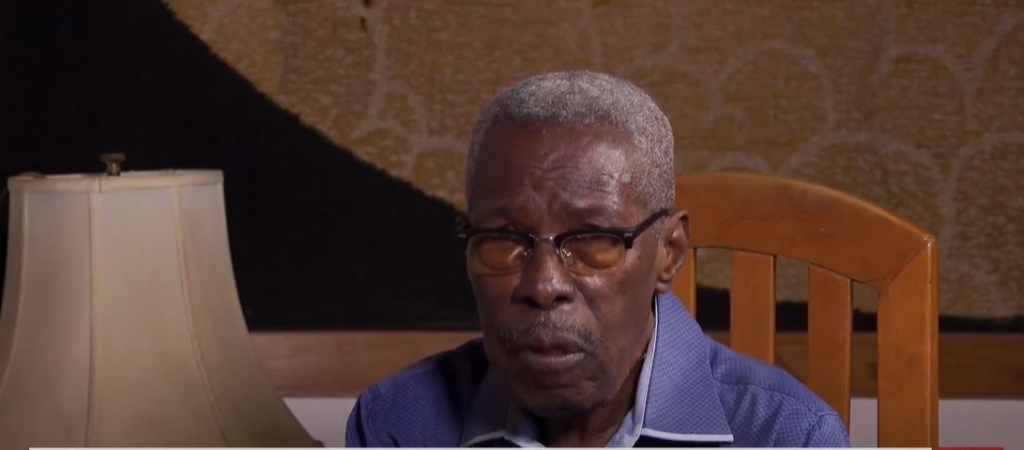
National Democratic Congress (NDC) stalwart and former Ghanaian Ambassador to the Netherlands, Dr Tony Aidoo, has issued a scathing critique of Ghana’s political landscape, branding the country as a “nation of sycophants”.
He warns that an alarming culture of blind loyalty to political parties rather than to the Constitution is steadily eroding professionalism within the civil service and jeopardising the very future of Ghanaian democracy.
In a candid interview on JoyNews, Dr Aidoo stated, “We have become a nation of sycophants, to the extent that as soon as one government changes and another regime replaces it, all allegiance shifts to the new government. But loyalty should not be to the regime—it should be to the Constitution. If you are a public or civil servant, you owe the new regime nothing beyond your constitutional duties.”
Tracing the roots of this troubling trend, Dr Aidoo pointed to the politicisation of the civil service during President Kufuor’s administration.
“This culture of lawlessness and sycophancy was rare during Kufuor’s regime. But from 2001, when President Kufuor began planting party loyalists as special advisors across ministries, professionalism in the civil and public service started to vanish.”
Reflecting on a bygone era, Dr Aidoo drew a sharp contrast with the disciplined civil service of the Kwame Nkrumah era.
“As a child growing up under Nkrumah’s regime, we had a civil service that upheld the Constitution as the supreme authority, demanding loyalty and dedication to duty. Today, that spirit is gone, and this decline poses a grave threat to the future of Ghanaian democracy.”
Beyond sycophancy, Dr Aidoo expressed deep alarm at the widespread lawlessness permeating all layers of society.
“This violence fosters a culture of lawlessness. It seems to define Ghanaian society today. Almost no aspect of our national life—be it the police, the military, civilians, churches, government officials, or the wider public—is untouched by this disorder.”
Dr Aidoo was particularly disturbed by a recent violent incident during the Ablekuma North by-election rerun involving former Minister of Fisheries and Aquaculture, Mavis Hawa Koomson, where police reportedly failed to act.
“I was deeply perturbed that police officers stood by and did nothing to stop the chaos. The victim was a woman, and while she may be controversial, that does not justify her being assaulted. Whatever triggered the attack, it reflects a persistent and dangerous pattern.”
He emphasised that such incidents are not isolated but part of a long history of political violence dating back to Ghana’s return to multiparty democracy:
“In 1992, an NDC chairman in Kwesimintsim was killed and burnt—a tragedy dismissed as an internal dispute. In 1996, during election campaigns, another NDC member was murdered, with clear evidence implicating NPP supporters. These acts mark a troubling continuity.”
Warning of the ongoing impact of such violence, Dr Aidoo lamented, “Since then, every election, especially by-elections, seems to attract violence. It leads me to question whether this democracy truly serves the people, who continue to suffer and yet remain active participants in the cycle of political violence.”
Meanwhile, he raised serious concerns about the integrity of the electoral process, stressing that violence and lawlessness undermine the very foundations of Ghana’s democracy.
DISCLAIMER: The Views, Comments, Opinions, Contributions and Statements made by Readers and Contributors on this platform do not necessarily represent the views or policy of Multimedia Group Limited.
DISCLAIMER: The Views, Comments, Opinions, Contributions and Statements made by Readers and Contributors on this platform do not necessarily represent the views or policy of Multimedia Group Limited.


